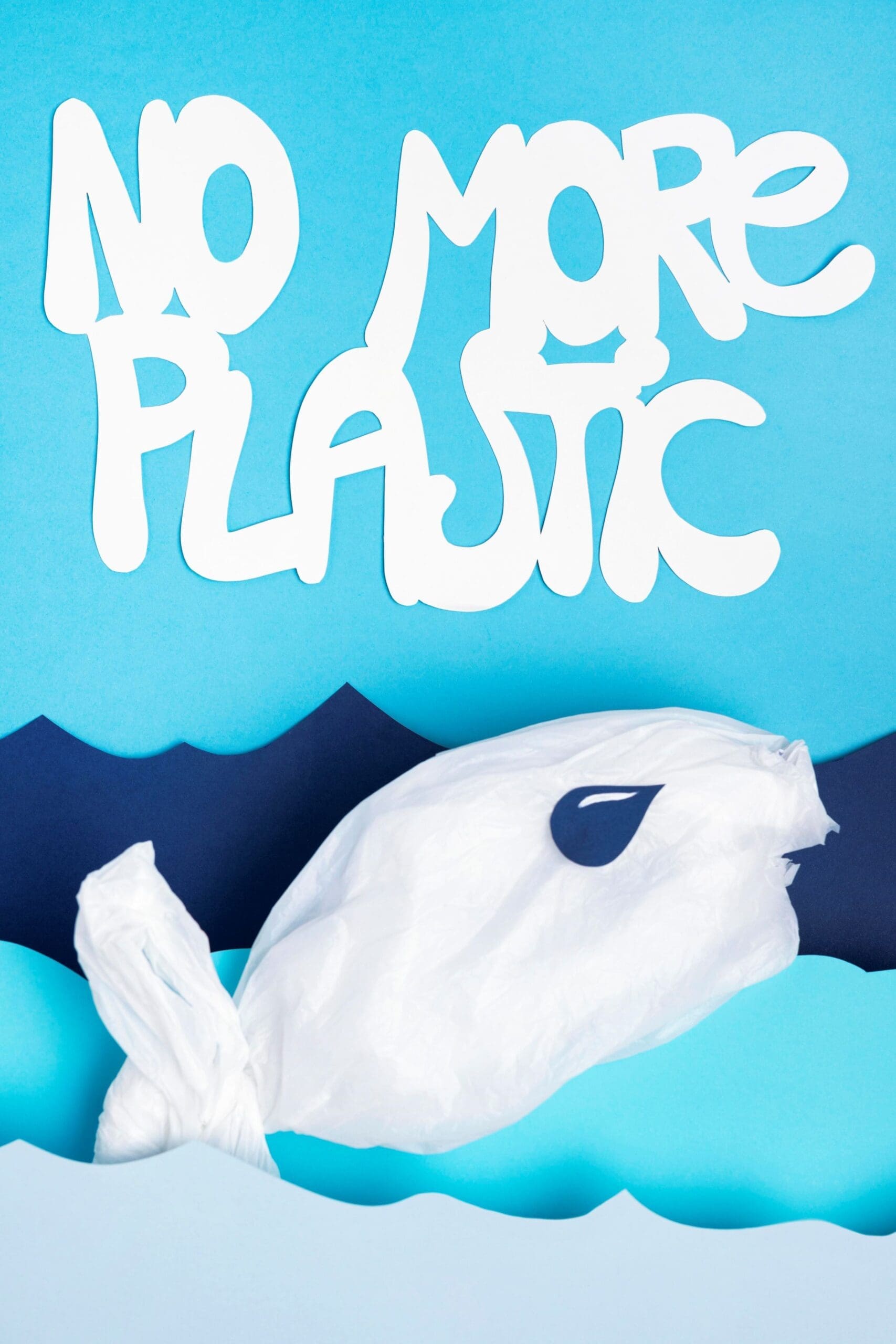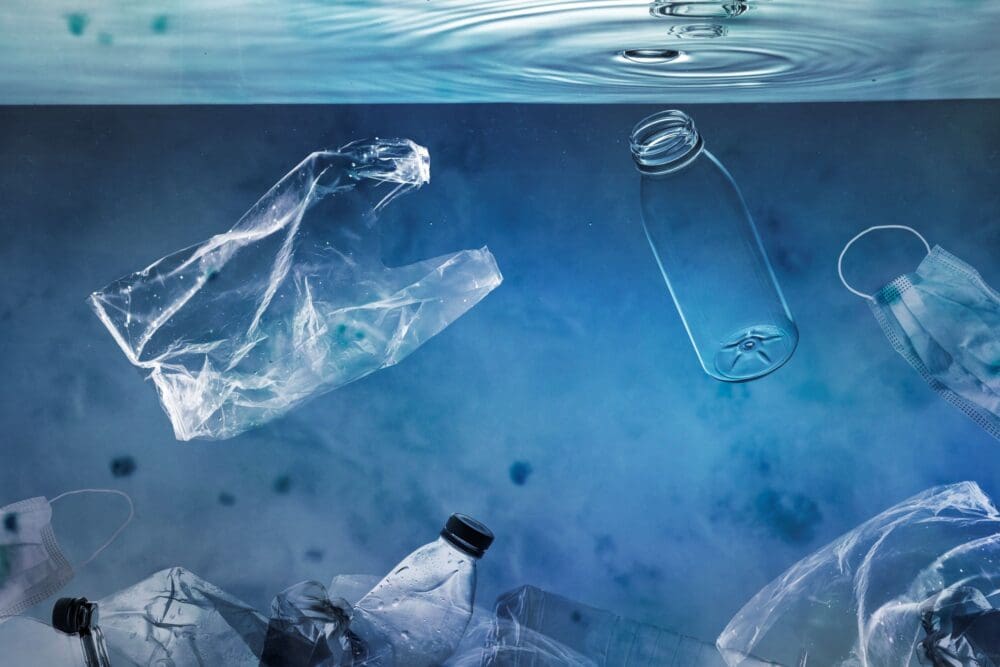Marine plastic pollution poses a significant threat to our oceans and marine life, necessitating innovative solutions to address the growing crisis. In response to the challenges faced by decision-makers in selecting effective cleanup technologies, a recent study has introduced a groundbreaking framework. Developed as part of the EU CLAIM (Cleaning Litter by developing and Applying Innovative Methods) project, this method offers a systematic approach to evaluating technologies aimed at reducing the entry of both microplastics and macroplastics into the sea.
Decision-makers grappling with marine pollution must navigate a complex landscape of diverse stakeholders, including plastic producers, tourism and fishing industries, environmental groups, consumers, and governments. Balancing the interests of these groups while effectively addressing the pollution problem requires a comprehensive and objective decision-making process.
The CLAIM Framework:
The EU CLAIM project focuses on attaining Good Environmental Status (GES) for European seas, aligning with the objectives of the EU Marine Strategy Framework Directive (MSFD). The newly developed framework employs a multi-criteria decision analysis (MCDA), systematically assessing cleanup technologies based on four key criteria: annual costs, reduced exposure of Natura 2000 areas, reduction in plastic pollution at aquaculture sites, and reduction in plastic pollution at cetacean critical habitats.
To illustrate the framework’s effectiveness, researchers applied it to the Mediterranean Sea, evaluating two technologies: a floating barrier for macroplastics and a filtering system for microplastics. The MCDA approach involved consulting experts from academia, industry, and policy to determine criteria weights, ensuring a balanced evaluation.
For macroplastics, the study suggests that a smaller number of installations (40–120) with higher removal rates (50–75%) is more effective. This strategic approach targets the most polluting rivers responsible for the majority of macroplastic entry into the Mediterranean. Conversely, for microplastics, a larger number of sites (240–400) with lower removal rates (25–50%) is recommended, considering the even distribution of waste-water treatment plants along the coast.
The study underscores the significant cost disparity between managing microplastics and macroplastics. Managing microplastics is approximately 11 times more expensive than dealing with macroplastics. This cost factor emphasizes the need for efficient and cost-effective technologies, especially when striving to meet ambitious targets such as those set by the EU Action Plan Towards Zero Pollution.


Supporting EU Goals:
The researchers highlight that this method aligns with the EU Action Plan’s goals, aiming for a 50% reduction in plastic litter at sea and a 30% reduction in released microplastics by 2030. Additionally, the proposed framework could complement the European Commission’s revised Urban Wastewater Treatment Directive, which advocates extra measures for the removal of micro-pollutants, including microplastics, from urban wastewater.
The innovative framework presented in the CLAIM project offers a valuable tool for decision-makers striving to address marine plastic pollution effectively. By considering both socio-economic and environmental impacts, and accounting for diverse stakeholder interests, this method contributes to informed decision-making in selecting the most suitable cleanup technologies. As the world collectively works towards cleaner oceans, such frameworks play a crucial role in steering us toward sustainable solutions.
Source: Directorate-General for Environment
Featured image credit: rawpixel.com | Freepik




